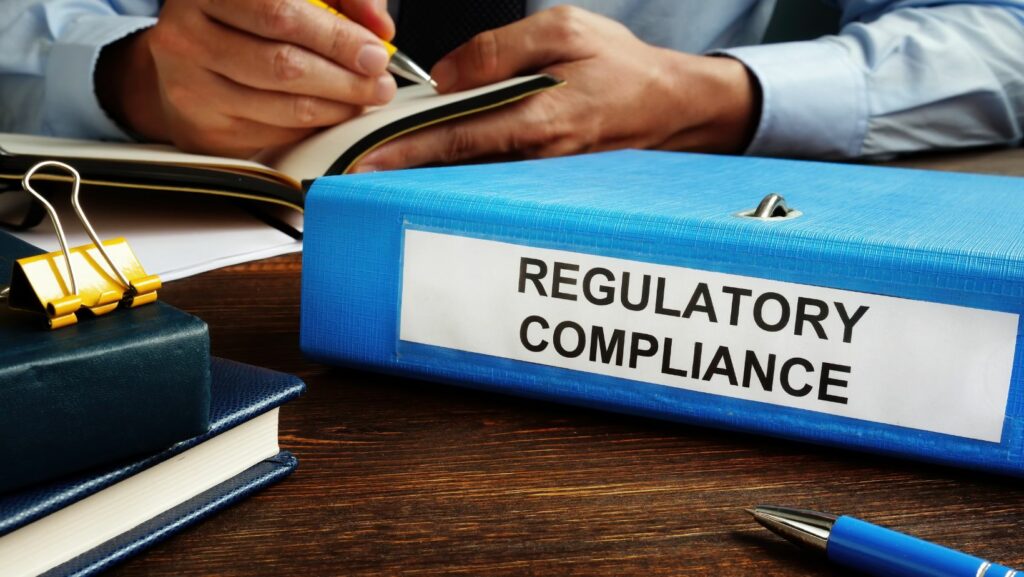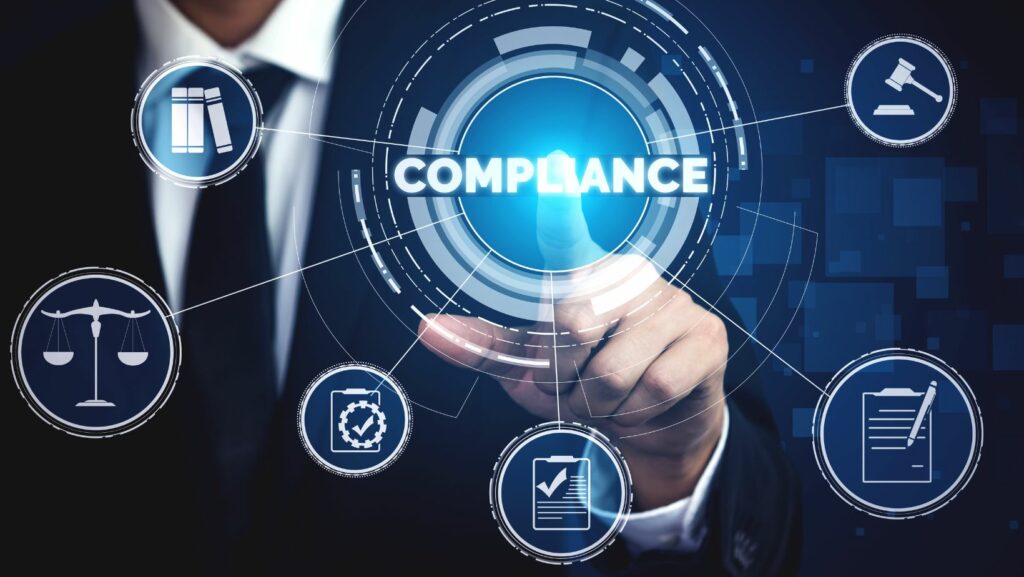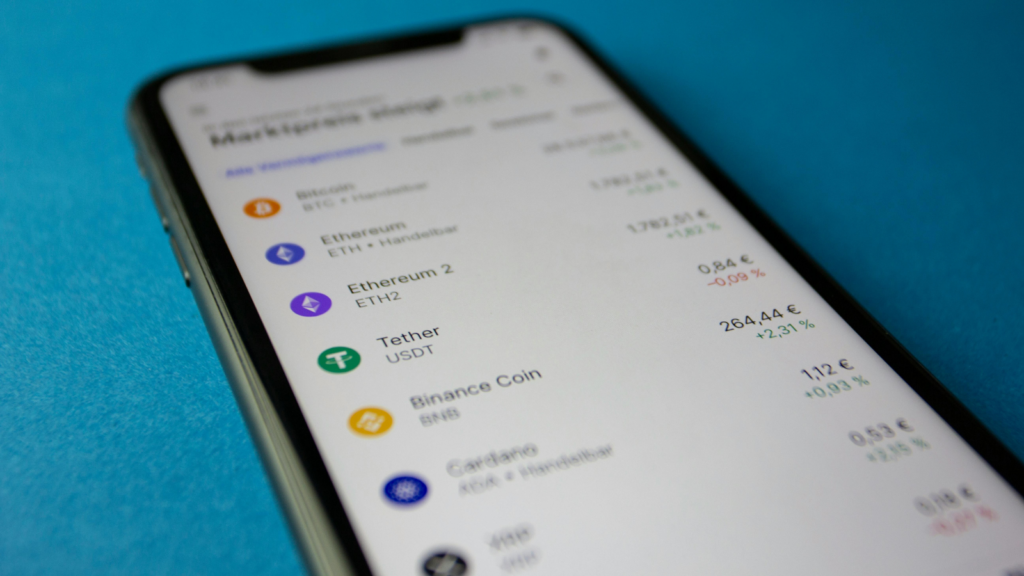Have you ever wondered whether an Initial Coin Offering (ICO) is legal? With the boom of cryptocurrency and blockchain technology, ICOs have become a popular fundraising method for new projects. But just like any other investment opportunity, they come with their own set of legal considerations.
If you’re looking to invest in or launch an ICO, understanding the legal compliance and regulations is crucial.
In this article, we’ll break down what you need to know about ICO regulations and how to ensure you’re following the right legal framework.
What is an ICO?
First off, let’s make sure we’re on the same page about what an ICO is. An ICO, or Initial Coin Offering, is a fundraising process where new cryptocurrencies or blockchain projects raise capital by offering tokens in exchange for investment. These tokens often serve as a utility for the project’s platform or ecosystem. Think of it as a startup selling shares of its future potential, except with digital tokens instead of stocks. However, to ensure you’re making informed decisions, it’s crucial to understand the regulatory history of Ended Coin to avoid future pitfalls.
But just like any other form of investment, ICOs aren’t without their risks. And if you’re planning to get involved in an ICO, knowing the legal regulations surrounding it is essential to avoid future headaches and legal troubles.
Why are ICO Regulations Important?
You might be wondering, “Why should I worry about ICO regulations?” Well, it’s simple—compliance with legal standards protects both investors and projects. While ICO scams have unfortunately gained popularity, ICO regulations are there to safeguard against fraud, ensure transparency, and maintain market stability. When done right, ICOs can be a game-changer for projects, but they need to follow the rules to ensure their legitimacy and the protection of their investors.
Global ICO Regulations: A Quick Overview
ICO regulations vary depending on where you are in the world. Let’s take a look at some of the most notable regulations from different countries.
United States: SEC and How it Affects ICOs
In the United States, the Securities and Exchange Commission (SEC) has made it clear that many ICOs are considered securities offerings under U.S. law. This means that projects need to comply with U.S. securities laws, which include registering with the SEC or qualifying for an exemption. Failure to comply could lead to legal penalties and fines.

If an ICO is deemed to involve a security, the project must provide detailed disclosures about its operations, management, and risks. Additionally, the tokens sold during an ICO may not be immediately tradable in the U.S. until they meet compliance standards.
European Union: MiCA Regulation
In the European Union, ICOs fall under the Markets in Crypto-Assets (MiCA) regulation, which aims to standardize the treatment of cryptocurrencies and ICOs across member states. MiCA is designed to provide legal clarity and protect consumers while also fostering innovation. It covers everything from transparency requirements to consumer protection, including anti-money laundering (AML) and combating the financing of terrorism (CFT) provisions.
China and India: Strict Regulations
Both China and India have implemented strict regulations on ICOs. In China, ICOs are banned entirely, and the government has taken measures to prevent cryptocurrency trading. Similarly, India has placed restrictions on cryptocurrency-related activities, though the regulatory environment is evolving. This makes these markets challenging for ICO projects.
Other Countries: Varied Approaches
In Australia, ICOs are treated similarly to securities, and projects must adhere to local laws regarding investor protection and transparency. Singapore, on the other hand, is known for its crypto-friendly environment, with regulations that encourage innovation while ensuring compliance with anti-money laundering laws.
Key Legal Compliance Areas for ICOs
Now that we know how different countries approach ICOs let’s dive into the key areas of legal compliance that any ICO project must follow to stay on the right side of the law.
Know-Your-Customer (KYC) and Anti-Money Laundering (AML)
One of the most important compliance requirements for ICOs is KYC (Know-Your-Customer) and AML (Anti-Money Laundering) procedures. These are designed to prevent illegal activities such as money laundering, terrorist financing, and fraud. Most jurisdictions require ICOs to verify the identity of their investors and ensure that funds are not coming from illicit sources. This can involve collecting personal Information, verifying identity through documents, and monitoring transactions for suspicious activity.
Token Classification
Another legal consideration is whether the tokens being offered in the ICO are classified as securities or utility tokens. In many jurisdictions, if a token is considered a security, the ICO must comply with specific securities laws. For example, in the U.S., tokens that are classified as securities must follow the same regulations as stocks or bonds, including registration and disclosure requirements.
Transparency and Disclosure
Transparency is key to building trust with investors. ICOs should disclose relevant Information about the project, its team, the token’s utility, the amount being raised, and how funds will be used. Clear and honest communication can help ensure that investors are fully informed before they make any commitments.
Smart Contract Audits
For blockchain-based ICOs, smart contract audits are an essential part of ensuring legal compliance. These audits review the code behind the ICO’s smart contracts to ensure that they are secure and that funds will be handled properly. Auditing firms can provide an additional layer of trust, which can reassure investors and reduce the likelihood of malicious code being embedded in the smart contract.
Tax Compliance
Finally, ICO projects need to comply with tax regulations. Different countries have different tax requirements for cryptocurrency and ICO-related income.

ICO projects should seek legal advice to understand their tax liabilities and ensure they are complying with reporting requirements.
ICO Regulation Challenges
Despite the regulatory advancements, ICOs still face challenges. These include:
- Uncertainty: Regulatory frameworks for ICOs are still evolving, and many jurisdictions have vague or inconsistent rules. This creates confusion and risk for both project teams and investors.
- Jurisdictional Differences: As we mentioned earlier, each country has its own set of rules. An ICO that complies in one country might not comply in another, making international fundraising complicated.
- Changing Regulations: Governments may change their stance on ICOs at any time. Projects that start with one regulatory framework could find themselves facing new rules midway through their fundraising.
How to Stay Compliant with ICO Regulations
If you’re planning to launch an ICO, here are a few steps you can take to ensure compliance:
- Seek Legal Advice: Work with lawyers who specialize in cryptocurrency and ICOs to ensure that your project meets all legal requirements.
- Follow Regulatory Guidelines: Stay up to date with the latest regulatory developments in your jurisdiction and make sure your ICO is aligned with current laws.
- Implement KYC and AML Procedures: Make sure to have proper identity verification and anti-money laundering protocols in place to prevent fraud.
- Disclose Information Transparently: Be open with investors about your project’s goals, risks, and how funds will be used.
- Use Audited Smart Contracts: Get your smart contracts audited to ensure they are secure and transparent.
Conclusion
Navigating the legal landscape of ICOs can be tricky, but both project teams and investors need to ensure that they comply with regulations. With the right legal compliance, ICOs can continue to thrive as a way to fund innovative projects while protecting both parties. Always stay informed, seek professional advice, and take the necessary steps to safeguard your investments or projects. By following these guidelines, you can reduce the risks of getting involved in ICOs and contribute to a safer, more transparent cryptocurrency market.


